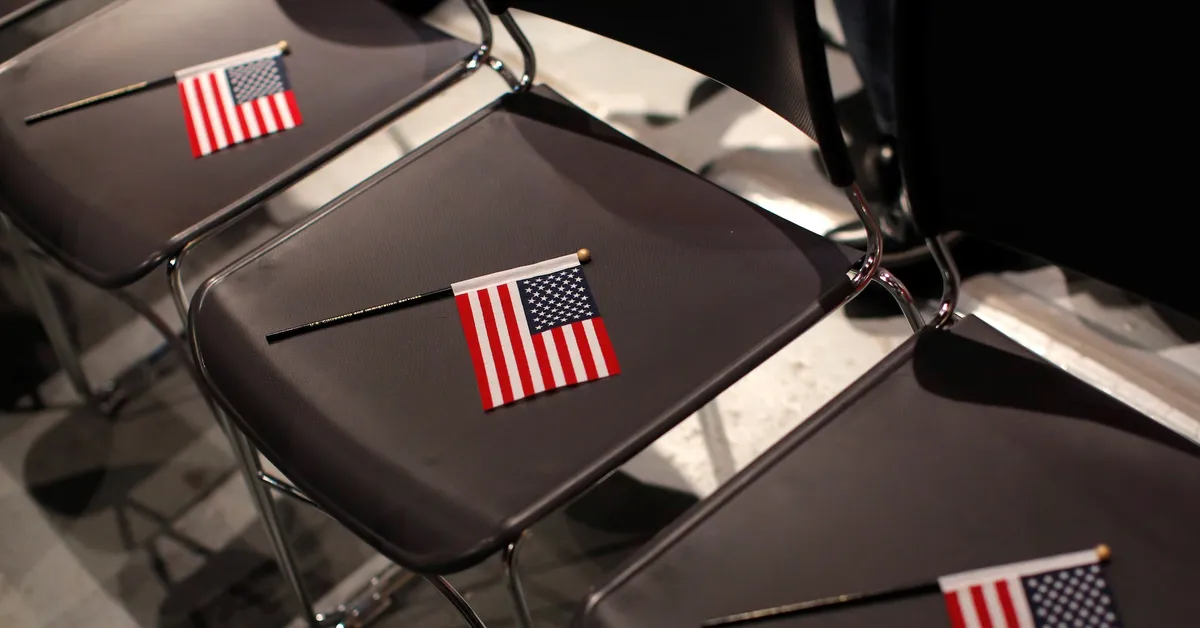
The recent announcement by the Trump administration regarding hefty new visa fees for H-1B workers has sparked significant discussions among companies in Silicon Valley and beyond. This policy change, aimed at reshaping the visa landscape, could lead to an increase in the outsourcing of jobs, which was precisely the outcome the administration intended to prevent.
On September 23, U.S. President Donald Trump revealed alterations to the H-1B visa program, a critical pathway for technology firms seeking to recruit international talent. The new fee structure imposes a substantial $100,000 levy on new applicants, a shift that has raised concerns among tech industry leaders. Initially, there was confusion surrounding whether the fee would apply to current visa holders; however, it has since been clarified that only new applicants will be affected.
Interviews with founders, venture capitalists, and immigration lawyers indicate that the steep costs associated with the new visa fees are already causing companies to reconsider their recruitment strategies. Chris Thomas, an immigration attorney at Holland & Hart, noted that many corporate clients are expressing that the new fee is unmanageable, leading them to explore job opportunities in countries with a more favorable hiring climate for skilled workers.
As per Pew Research, approximately 141,000 new applications for the H-1B visa were approved in 2024. While Congress caps the number of new visas at 65,000 annually, the total approvals exceed this limit due to exemptions for certain categories, including those from universities. The data highlights that computer-related positions represent a significant portion of these approvals.
The Trump administration, along with critics of the H-1B program, argues that this visa system has contributed to wage suppression in the tech industry. By tightening the availability of H-1B visas, the administration asserts that more job opportunities will open up for U.S. tech workers. However, the substantial increase in hiring costs could push companies to seek talent from countries like India, where operational expenses are lower.
Sam Liang, co-founder and CEO of the AI transcription startup Otter, expressed concern that companies may need to reduce their H-1B workforce, potentially leading to outsourcing labor to foreign markets to navigate the challenges posed by these new fees.
While the H-1B visa changes have found support from some quarters of the political spectrum, Deedy Das, a partner at Menlo Ventures, warns that such blanket policies could be detrimental to startups. Unlike larger tech firms that can absorb the cost of new fees, startups often rely on equity-based compensation, making these additional financial burdens significantly impactful.
Moreover, the policy shift could hinder the influx of talented immigrants who frequently launch successful startups. According to a 2022 report by the National Foundation for American Policy, over half of U.S. startups valued at $1 billion or more had at least one immigrant founder. This highlights the crucial role that immigrant talent plays in driving innovation and entrepreneurship in the U.S.
Several immigration lawyers representing startups are contemplating legal action to challenge the new fees, arguing that the administration may have exceeded its authority by imposing costs that Congress did not intend. Should these efforts fail, there is a concern that the U.S. may see a significant decline in the number of skilled individuals willing to work within its borders.
In conclusion, the introduction of new H-1B visa fees poses a dual threat: it risks pushing companies to outsource jobs while simultaneously jeopardizing the innovative spirit that has long characterized the U.S. tech landscape. As the situation unfolds, the implications for both established firms and startups remain to be seen, with many stakeholders calling for a reevaluation of the policy to foster a more balanced approach to immigration and talent acquisition.